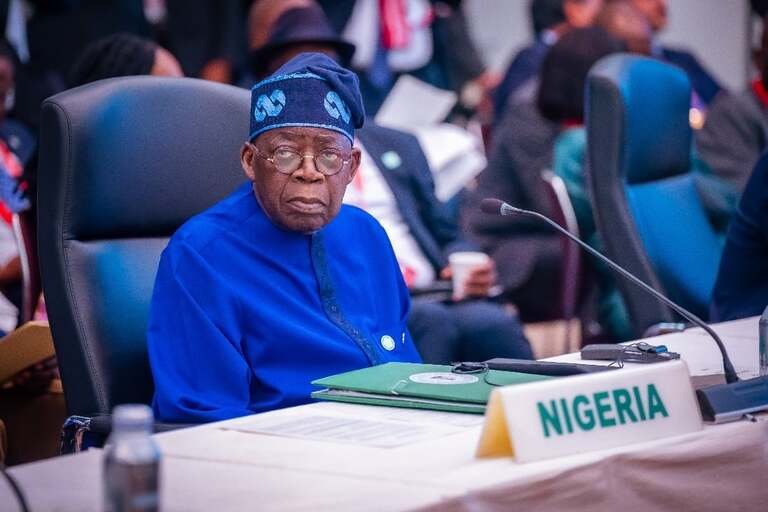The World Bank will on Tuesday, 30 September 2025 approve two loans totalling $750 million for Nigeria, targeting health security and a massive digital infrastructure rollout.
The package includes $500m for the Building Resilient Digital Infrastructure for Growth in Nigeria (BRIDGE) project and $250m for Phase II of the Health Security Programme in Western and Central Africa, Nigeria.
Broadband for Underserved Communities
The BRIDGE initiative, spearheaded by the Ministry of Communications, Innovation and Digital Economy, is designed to connect millions in underserved areas. With a price tag of $1.6bn, it will be financed through concessional credit and private investment.
Minister Bosun Tijani described BRIDGE as “the most ambitious and foundational digital infrastructure project in Nigeria’s history,” pointing to a fibre-optic network expansion from 35,000km to 125,000km. The rollout will include seven national rings, 37 city loops, 77 regional networks and multiple edge data centres, managed through a special purpose vehicle where the federal government holds a 51% stake.
Health Security Boost
The second loan, worth $250m, will be managed by the Nigeria Centre for Disease Control and Prevention (NCDC) and the Federal Ministry of Finance. It aims to strengthen Nigeria’s ability to detect, prevent, and respond to pandemics, while improving regional cooperation across West and Central Africa.
The World Bank said the initiative will build stronger surveillance systems and emergency response mechanisms, citing lessons from COVID-19 and other recent health crises.
Borrowing Debate
Nigeria has secured $8.4bn in World Bank loans between June 2023 and August 2025, spanning health, energy, education, governance and rural development.
But opinions remain divided. Lagos-based analyst Adewale Abimbola argues borrowing is positive “if it’s concessionary and tied to viable, revenue-generating projects.”
By contrast, economist Dr Aliyu Ilias warns of a mounting debt crisis. Nigeria’s public debt has jumped from N87tn under Buhari to N149tn today, with projections of N180tn soon. He asked: “Why are we borrowing more when revenues from tax and subsidy removal have risen? The debt burden is clearly squeezing funding for essential services.”
According to the Debt Management Office, Nigeria owes the World Bank $18.23bn as of March 2025, nearly 40% of the country’s external debt.

